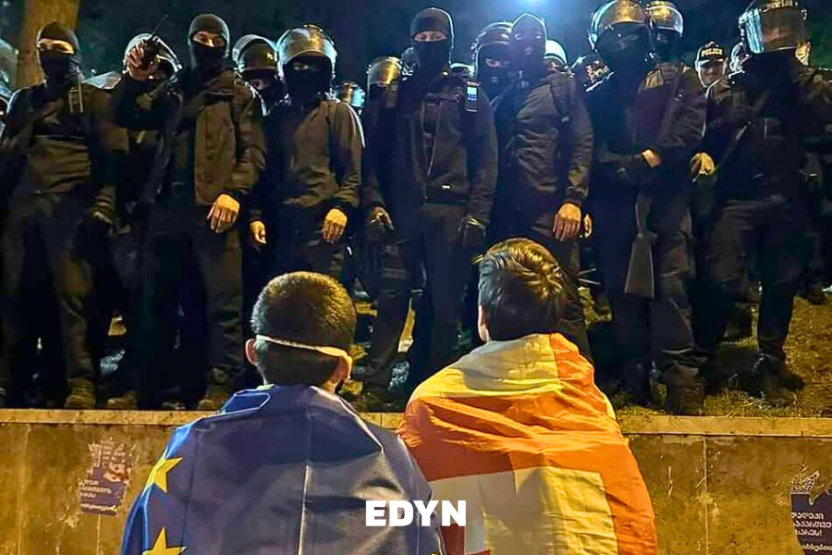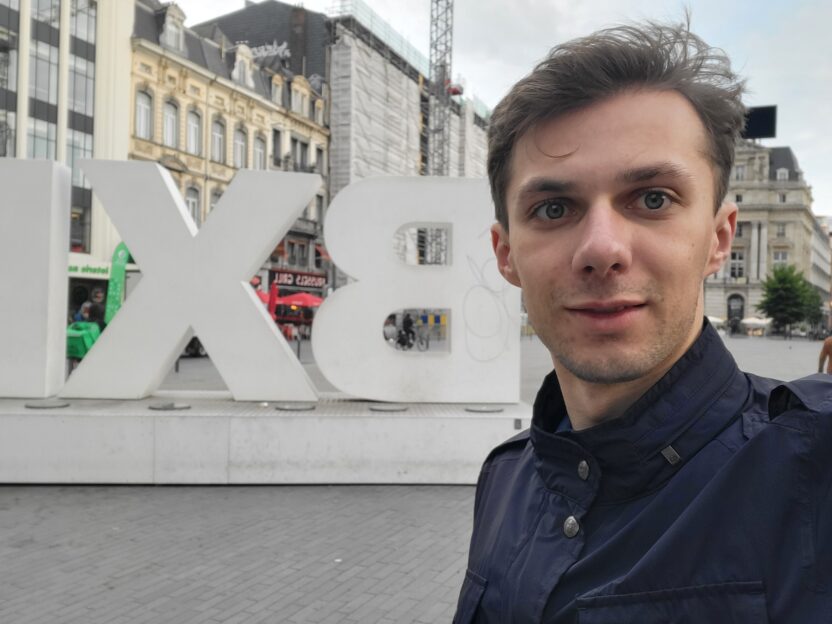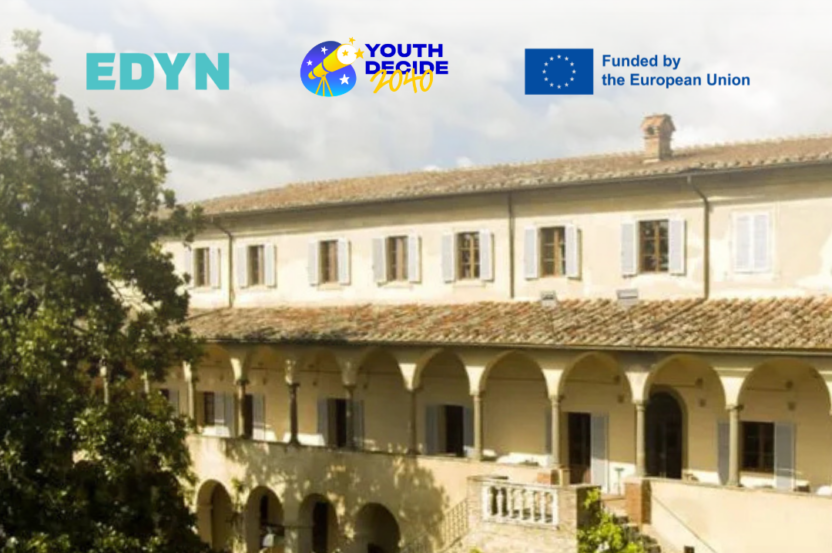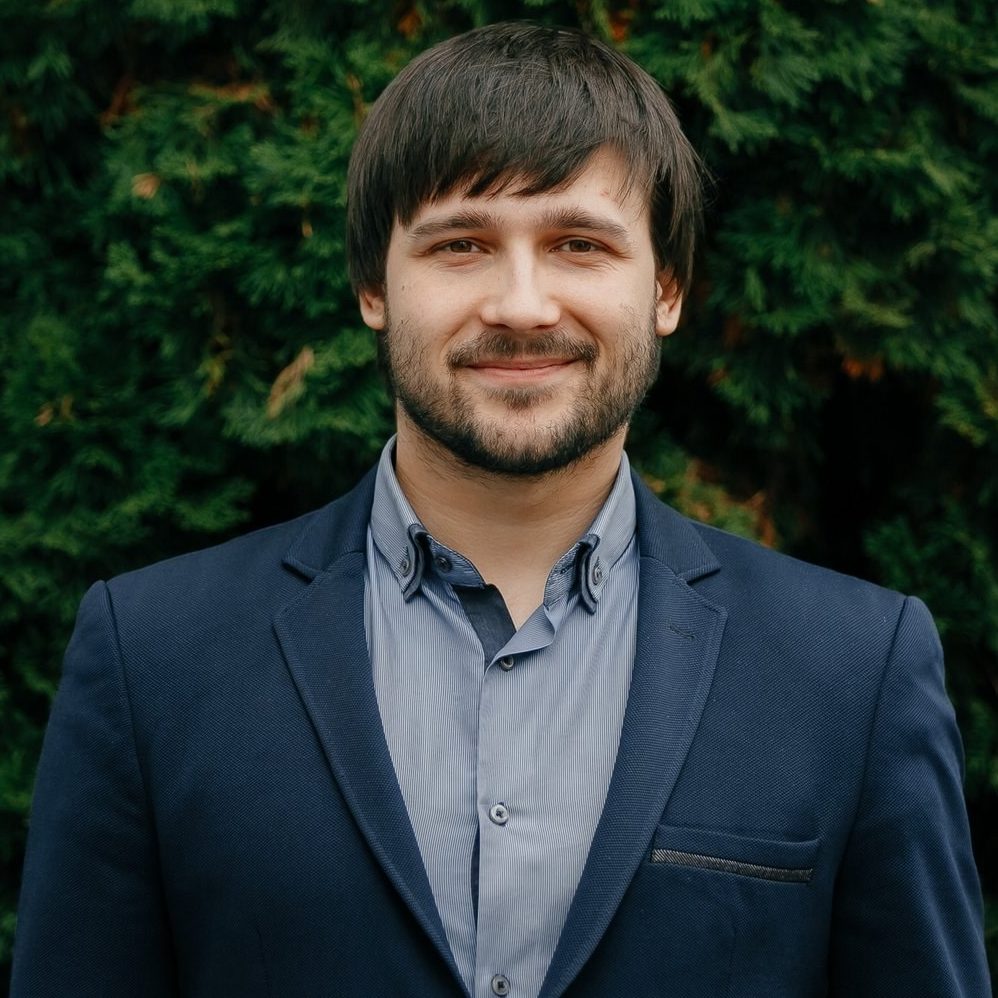Facts responding to statements by Putin have sources listed in the footnotes. Additional facts can be found in the U.S. Department of States factsheet “Fact vs. Fiction: Russian Disinformation on Ukraine” published on January 20, 2022
- Statement made in address: The Ukrainians are organizing a genocide in Donbas
- This narrative has been used to propagate disinformation in the region[1], while actual claims of genocide have been found unsubstantiated and without credibility. However, the diverse, but largely Ukrainian population of the country faces suppression of their culture and identity by the Kremlin’s military forces.[2]
- The Kremlin makes allegations that attacks on Ukrainian-held territories were made by Ukrainian forces themselves, despite a lack of any evidence of Ukrainian military aggression leading up to this. The Centre for Information Resilience has been mapping[3] the movement of Russian troops since January, and they have been visibly moving closer to the border in recent weeks, on the same timeline that Putin has made and disinformation on social media has been spread to provoke Ukraine and make false claims.[4]
- Statement made in address: Romania, Poland, the Baltic countries, and others became part of NATO without their will.
- “All Allies reaffirmed at the June 2021 Brussels Summit that “the Alliance does not seek confrontation and poses no threat to Russia.” In fact, in 2002, Putin himself stated “Every country has the right to choose the way it ensures its security. This holds for the Baltic states as well. Secondly, and more specifically, NATO is primarily a defensive bloc.”[5]
- Romania began appeals to and requested support for joining NATO starting in 1996 and has invited visits from the NATO Secretary-General nearly every year starting in 1990 prior to its accession. Romania has supported and cooperated with NATO along that same timeline. Since its accession, Romania has been active in NATO, hosting several NATO structures such as NATO’s Force Integration Unit (NFIU) and Headquarters Multinational Division South-East (MND SE HQ). Romania makes substantial contributions to NATO’s operations and missions and actively assists partner states to increase resilience and defense capabilities.[6]
- Poland established relations with NATO in 1990, after the democratic transition in 1989 allowed Poland to define its own security policy. After the Warsaw Pact dissolved in 1991, Poland saw NATO as a guarantee of safe Europe and began taking steps towards accession such as joining the Partnership for Peace program in 1994 and participation in the 1997 NATO Summit. Poland was admitted to NATO in 1999 and remains an active participant in the alliance since.[7]
- In 1990, the newly independent Baltic states of Estonia, Latvia, and Lithuania implemented a policy of neutrality until the Russian troops were withdrawn from their territory. After they withdrew, the Baltic states found themselves in a position to apply for NATO membership, “an action that would have been unthinkable in the first two years of independence when the Soviet army was still present on their territory”. The Baltic states began developing security policy aligned with Western and European security principles. The Baltic states had widespread support from their citizens to apply for NATO membership and after 10 years, they were admitted into the alliance in 2004.[8]
- Statement made in address: The NGOs (financed by the West) are the ones who support nationalism (in reality most NGOs promote social democracy and human rights, and do not have good relations with nationalists)
- NGOs and Civil Society organizations across the world focus on transparency, corruption, and human rights abuses, while facing obstacles and limitations posed by governments that try to restrict the platform the many of these NGOs aim to provide to those governments’ citizens.[9]
- In fact, the Kremlin has established laws regulation NGOs since 2006. These laws don’t apply to apolitical organizations such as those involved in health or the arts, but they use a flimsy definition of political activity, restricting any organization that “engages in a critique of government policy”. This has also led to the propagation of damaging and suspicion-provoking narratives of NGOs that receive foreign funding.[10]
[1] De Waal, Thomas and Kupfer, Matthew, “Crying Genocide: Use and Abuse of Political Rhetoric in Russia and Ukraine.”
[2] “Fact vs. Fiction: Russian Disinformation on Ukraine,” U.S. Department of State
[3] Russia-Ukraine Monitor Map from Centre for Information Resilience
[4] Jancowicz, Nina “Russian uses disinformation on Ukraine military aggressions as a pretext for war,”
[5] “Fact vs. Fiction: Russian Disinformation on Ukraine,” U.S. Department of State
[6] Romania Ministry of Foreign Affairs
[7] Poland Ministry of National Defence
[8] Urbelis, Vaidotas, “Defence Policies of the Baltic States: from the Concept of Neutrality towards NATO membership”. NATO-EAPC Individual Fellowship Report 2001-2003.
[9] Bakke, O’Loughlin, and Toal, “Are some NGOs really “foreign agents”?”
[10] Factsheet: Russia’s NGO Laws, Freedom House




